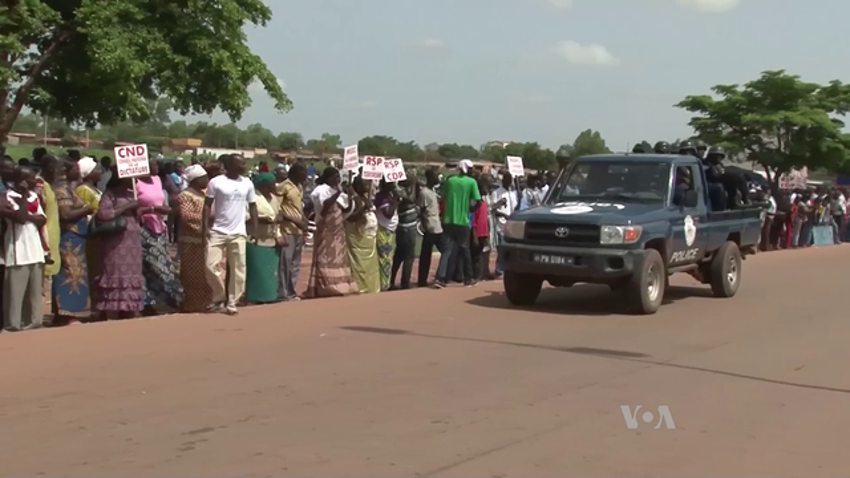Burkina Faso’s military coup shows a new unlikely ally in the region

Protests against the 2015 police coup in Burkina Faso
Jacob Sagers – Burkina Faso’s coup last week, and the second this year, portrays the increasingly messy role foreign states are playing in West African politics. Captain Ibrahim Traoré rose to power through the military coup, however, with unlikely help from Russian mercenaries. Russian mercenary groups, such as the Wagner Group, are controlled by Russian oligarchs associated with Vladmir Putin and are becoming increasingly prevalent in the region as Russia tries to gain influence in the Sahel.
This marks a change from the status quo. France is generally dominant in the affairs of its post-colonial states, such as in counter terrorism efforts across the region. However, relational power, or the ability, or lack thereof, that a country has to influence another country economically, militarily, or culturally, is rapidly changing. For instance, France’s expulsion and military failure in Mali in 2020, following the rise of a military junta to power, showcases decreasing relational power with many West African states. Meanwhile, Russian mercenary groups enable Russia to gain access to markets and natural resources. Russia is not the only country to do so, as China is increasingly giving loans for development to Africa states as part of its Belt and Road initiative amid decreasing British influence in the region. Burkina Faso faces an uphill battle for sovereignty as its relational power is weak compared to France and Russia, especially when French banks control its currency, the West African Franc, and the Russian military is now established within its territory.
Still, relational power does not inherently deviate from the status quo. France’s historical legacy in its colonial states gives it an advantage over Russia and China in maintaining, or even expanding, its foothold in Africa. The growth of the French language as a lingua franca for many African states as they strive to gain a foothold in the global economy may perpetuate this patronage. Furthermore, individual opinions are vastly different with some seeing Russian influence as a new threat. Nevertheless, how does the role of regional powers, such as Nigeria and South Africa, affect the role and actions of Russia and France in the years to come?

